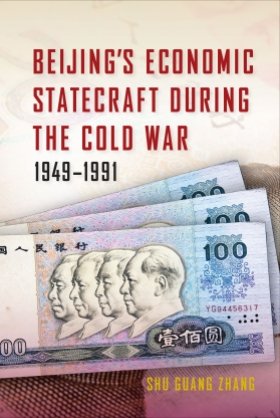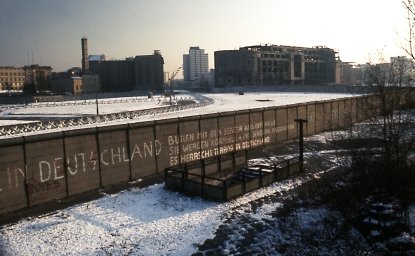Beijing's Economic Statecraft during the Cold War, 1949-1991



-
Beijing’s Economic Statecraft during the Cold War, 1949–1991, describes China’s use of economic instruments in pursuit of foreign policy goals from the foundation of the People’s Republic to the end of the Cold War. Providing an in-depth case analysis of China’s economic diplomacy from 1949 to 1991, Shu Guang Zhang focuses on the nuts and bolts of Beijing’s policymaking and aims to reconstruct China’s economic statecraft behaviors, both historically and conceptually. Beijing’s Economic Statecraft not only assesses how China’s foreign economic policies played out in its relations with the United States, United Kingdom, and Japan, but also looks at how Moscow, Hanoi, Pyongyang, Tirana, and Ulan Bator interacted with Beijing in their political economic relations.
The book is based on a wide array of new sources: diplomatic documents from Chinese and Russian archives, the Nixon Presidential Materials Project, translated documents collected by the Cold War International History Project, recently published writings of Chinese leaders, chronologies of these Chinese leaders, and publications by Chinese scholars.
Shu Guang Zhang is professor and vice rector for academic affairs at the Macau University of Science and Technology.
Author
Cold War International History Project
The Cold War International History Project supports the full and prompt release of historical materials by governments on all sides of the Cold War. Read more
History and Public Policy Program
A leader in making key foreign policy records accessible and fostering informed scholarship, analysis, and discussion on international affairs, past and present. Read more
Browse Insights & AnalysisExplore More
Browse Insights & Analysis



